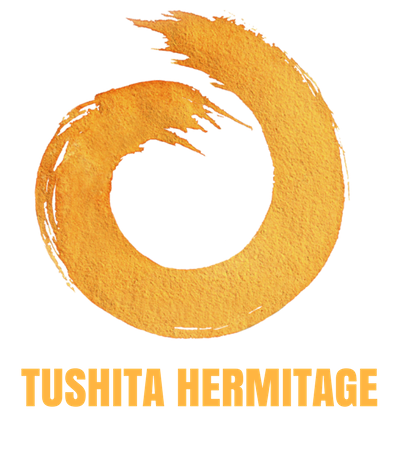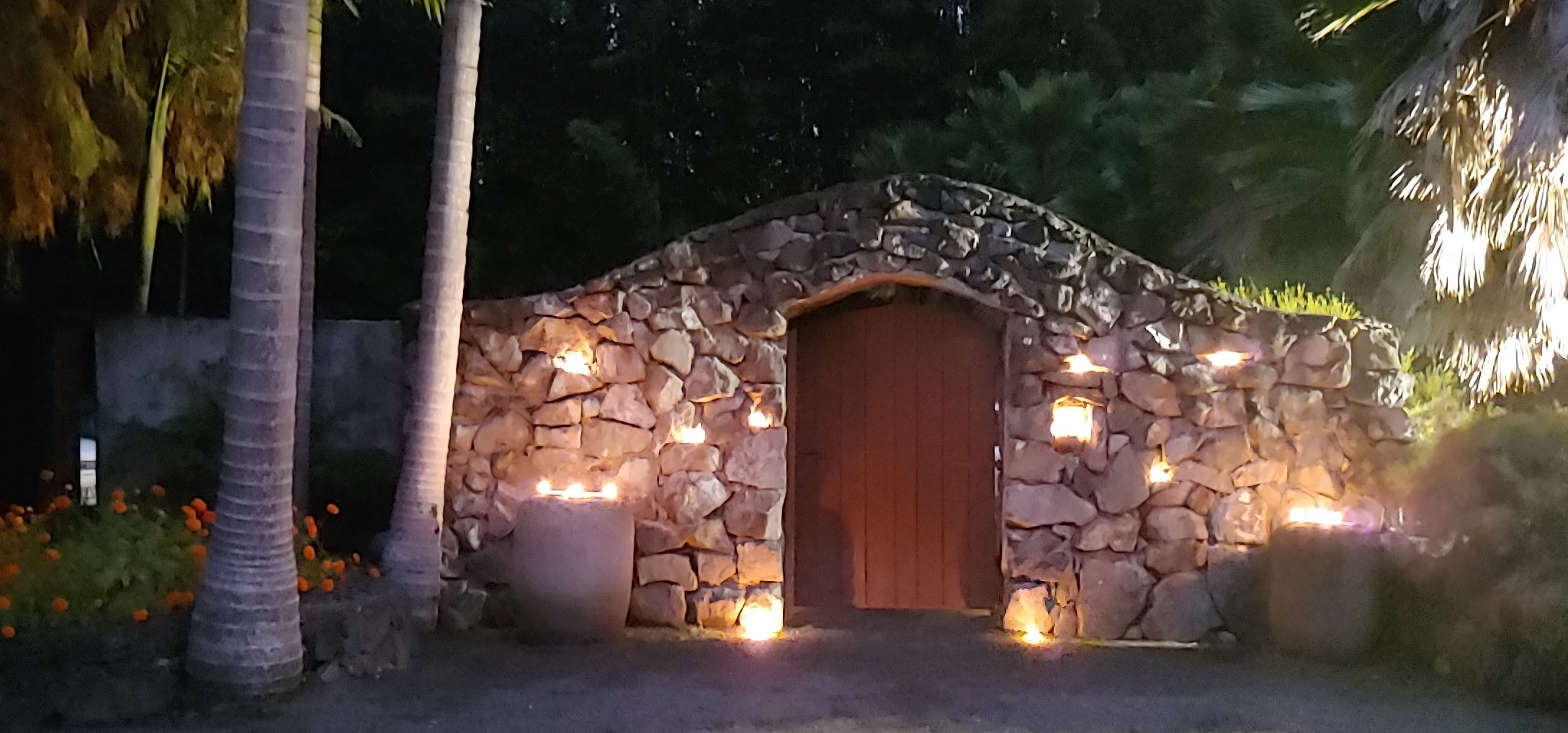wild mother through human understanding
Understanding acts as a tool that helps individuals navigate their lives effectively. Personally, I have explored my life through the concept of "spirit" or life energy to determine whether such an understanding could offer practical benefits and provide spiritual nourishment. This exploration led me down a spiritual path where a Life Master first asked me what I wanted and who I was. He explained that my life was not up for debate and that I should identify what is most important for this life to be peaceful and content. He emphasized that this is the root of taking radical self-responsibility. I realized that understanding required me to explore my inner feelings, making it a journey of intuitive introspection.
Over the years, he has posed many questions to guide me back to life. Initially, I realized I needed to examine the numerous ideas—or "bricks"—that I believed made up my sense of self. Gradually, I uncovered reasons for placing these barriers along my path, such as generational trauma, childhood experiences, caregivers, and the education I received.
Unaware, I used these elements as "blocks" to impede my flow. I also started to feel these bricks or self “parables” were making me too solid; my personality had become something to hold onto when I intuitively felt I was an energetic being, transient and unattached until it was time to go again. Many of my choices were based on these perceptions of my solid personality, which explained why things didn’t feel "right." I became fixated on obtaining anything that made me feel good or relieved, but instead of relief, it accumulated and exacerbated that feeling of being “blocked.”
To make sense of various situations, especially interactions with others, I approached life as if each story were a parable about what was right and wrong for me. For instance, reflecting on my role as a mother, I now see that my discipline was often too soft and lax when it needed to be more structured. I reacted against my upbringing, using my childhood experiences as benchmarks. Quietly, I feel I have not given my children freedom but rather another form of attachment for worldly imaginations. I have also come to understand that we can only work within our capacities, and truly seeing the reality of a situation often involves facing emotionally painful truths.
I have often been inspired by the term "wild mother," which refers to the intrinsic female biological imperative to nurture our offspring. Through nature, we can clearly observe the biological matrix that every animal must navigate to grow up, including the mother's own refinement of how to be. This journey involves intense emotional endurance, physical prowess, and developing intrinsic intelligence that unlocks deeper systems in the body through different stages of development.
Through the concept of the "wild mother," I have felt that my natural instinct to engage with my children has been hindered by the morality of our culture, dulling my intrinsic sense of how to be a true "wild" motherin a world dominated by the concepts of capitalism and monetary survival. Due to my weakened emotional resilience, I sought external means to ensure we could fit into the economic framework. In this context, money dictated our actions rather than the reciprocal lessons of natural life.
However, in the broader context of the Spirit of humanity, I have also sensed these innate tendencies toward the natural systems of true matriarchal and patriarchal wisdom. These biological pathways instinctively guide us to essential resources, these “salt mines and water holes” and the ancient archetypes—both metaphorical and physical—that help us navigate human life from birth to death. The sacred voices that still echo within us illustrate our heartfelt education, showing us how to externally ritualize our inner sacredness. However, if our elders cannot impart these natural biological legacies due to their own weakened "immune" systems: such as when patriarchs seek only control and power for territorial and irrelevant accumulation, or when matriarchs lack the courage to reclaim their spiritual midwife empowerment: then the next generation, our children, will inherit their weakness. The next generation will be forced to navigate those ancient paths that have become overgrown by themselves, potentially losing their Heart even more.
Over the years, I have grappled with the fundamental existential questions proposed by the Spiritual Master: What do I want, and who am I? These questions remain relevant, and to truly engage with them, I have had to become a courageous advocate for my own heart. To begin the unravelling, I needed to listen deeply to my nervous system and recognize that this life is not solely about me. Yes, I am part of this vast, dynamic biological universe—or, as one might say esoterically, Spirit, but my body and mind are not the center of it. When the Spiritual Master introduced these questions at the start of my journey, he was urging me to clear my slate so I could truly feel, listen, and be profoundly humbled.
This process requires deep humility.
Following this, perhaps I can become part of a community where our natural human legacy can shine once more. I have realized that being part of this journey translates into practical daily life. Like the "wild mother" that every other animal seems to inherently understand, our clarity about what is right for our inner community should manifest in our attitudes toward the natural legacy of humanity. This would enable the next generation to clearly feel it, aligning with the evolutionary biological imperative called Life, not just for my sake, but for the continuation of this imperative.
Arohananda.

